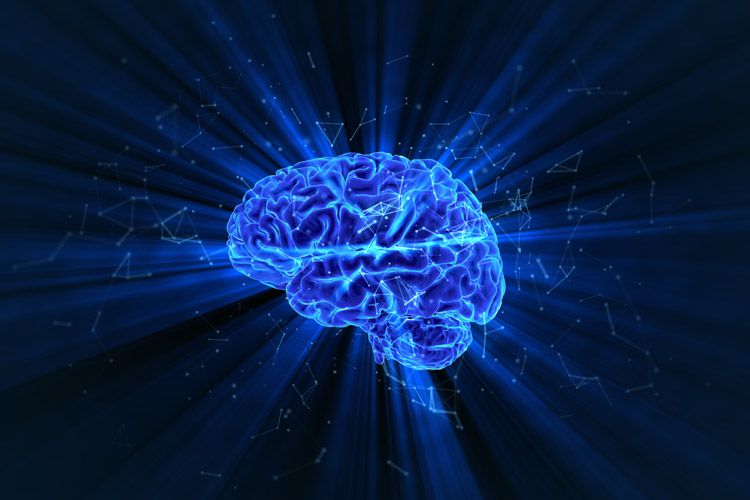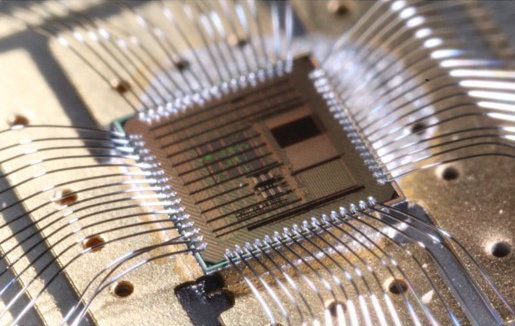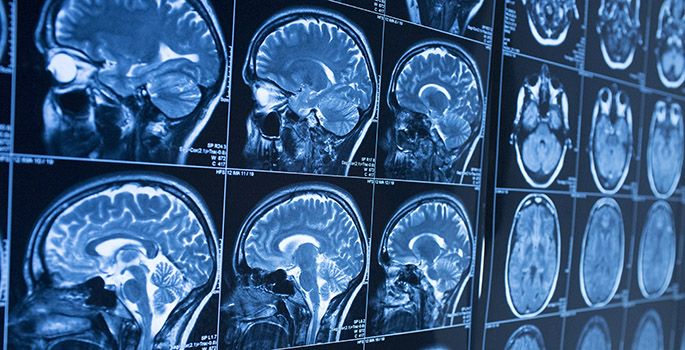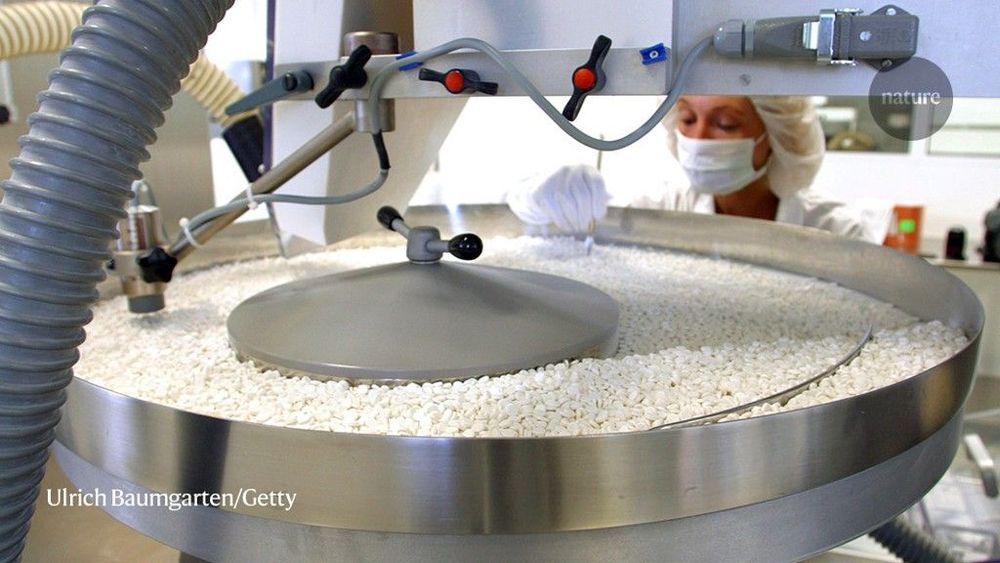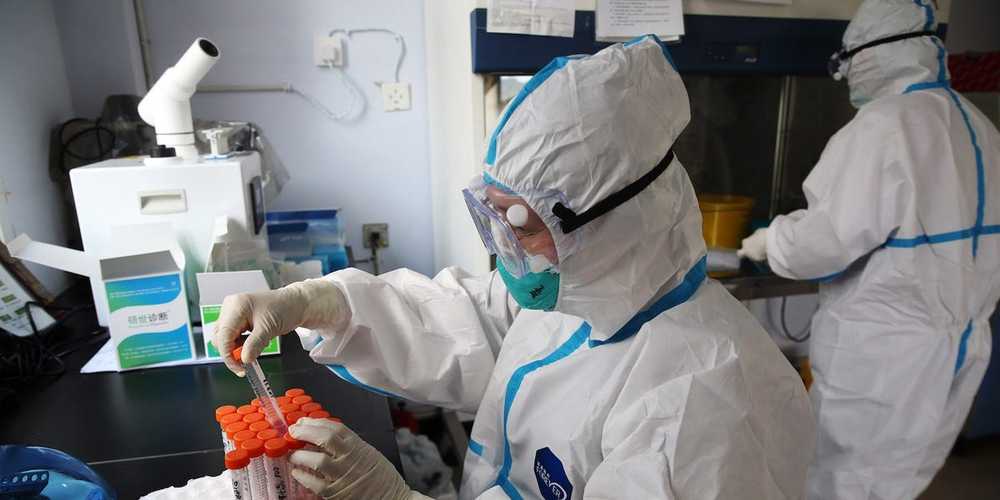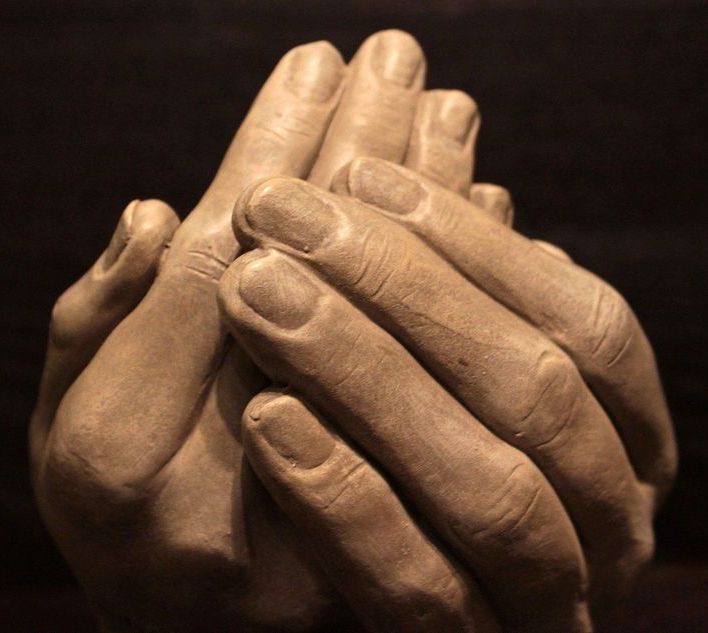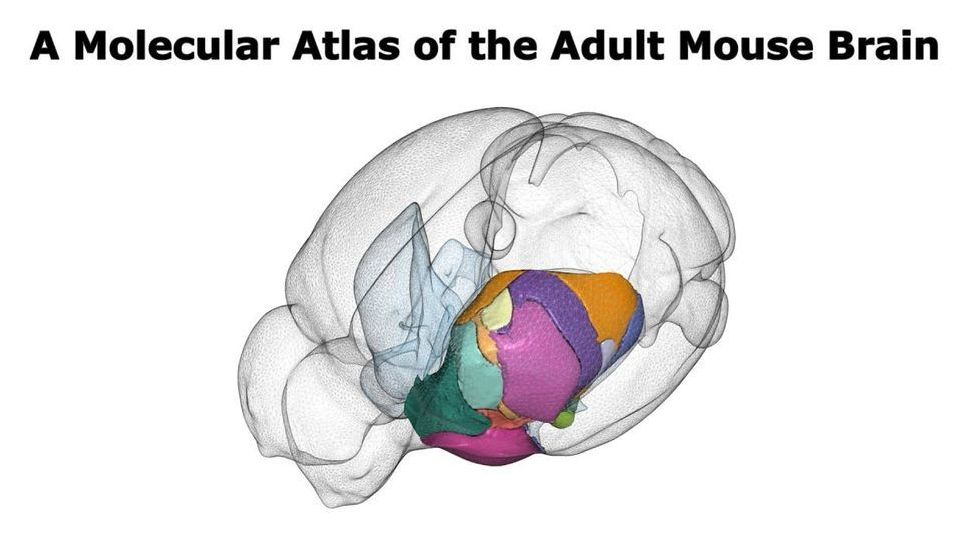Jul 24, 2020
Researchers Examine Age Differences in How the Brain Perceives, Remembers
Posted by Nicholi Avery in categories: life extension, neuroscience
Even healthy brains become less efficient as they age, but they do so at different rates for different tasks in different people. Understanding what contributes to this decline, and the ways in which that decline varies, can provide significant insight into the function of the brain.
In a new study, researchers at The University of Texas at Dallas documented how some parts of the brain perform differently over time in response to various kinds of visual input.
A team from the Center for Vital Longevity (CVL) analyzed a phenomenon called neural dedifferentiation, in which regions of the brain that normally are specialized to perform distinct tasks become less selective in their responses to stimulus types.
